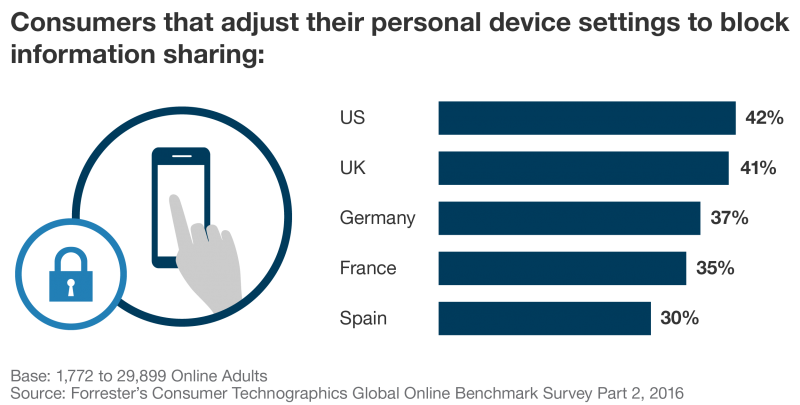The Data Digest: The Information Power Play
Recent incidents remind us that knowledge is power. Earlier this week, US President Trump shared classified information with foreign delegates — and by doing so, he potentially declassified it. When The Washington Post exposed the headline first, the article became the most viewed digital news story in the publication’s history. This comes only a few days after a sweep of global cyberattacks locked major corporations and governments out of their data and threatened to release stolen content (like a soon-to-be-released Disney film) in increments. These stories remind us that those who own and control information wield power — but also that the boundary between public and private information is becoming easier to transgress.
Organizations and regulators are not the only ones contending with the power play of public and private information. Consumers are also becoming empowered as their knowledge of institutions’ inner workings and related data risks grows. As a result, consumers are striving to control their personal information. Forrester’s Consumer Technographics® data reveals that consumers around the world are motivated to manage their data, and those in the US and UK are especially conscious:

In fact, as consumers gain unprecedented transparency about how institutions and business leaders operate, they want to do even more than regulate their own data — they also demand certain ethics and standards in corporate practices and become more selective about which brands to partner with.
In his recent report, my colleague Christopher McClean notes that “corporate secrets are getting more and more difficult to hide [and that] whistleblowers, accidental disclosures, and hackers on a mission expose not just questionable behavior but intentional wrongdoing.” As additional information is disclosed, and as our definitions of “private” and “public” dissolve, brands must recognize that transparency is inevitable, and as Chris says, “Your customers will be your biggest watchdog over the next five years.”
